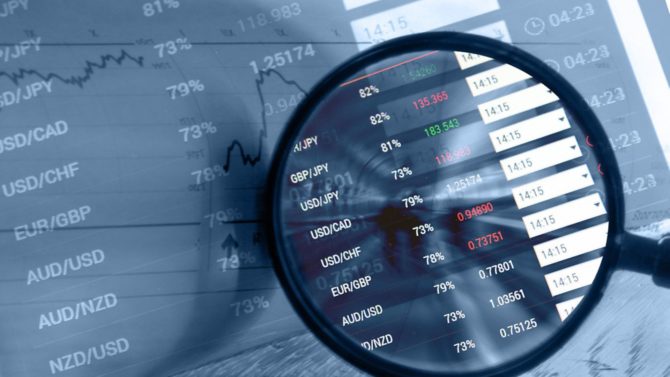This is how a market order could save you money on currency exchange

Currency exchange is an important aspect of buying a home in France and using a market order to time your currency purchase could save you money
Chris Saint is senior currency analyst at Hargreaves Lansdown Currency Service
There are many options to consider when making overseas currency transfers for you dream home in France, and it can be difficult to know which is best for you. It will often depend on how far in the future you need to make your payment.
If you need your currency straight away, a spot contract could be the quickest option, as the currency is normally exchanged and transferred as soon as possible to the chosen recipient.
Alternatively, a forward contract could provide you with peace of mind when making payments in the future by fixing the exchange rate today and taking delivery of the currency at a specified date in the future. A forward contract, however, may not provide the best deal if the markets subsequently move in your favour or if you have a specific rate in mind that you would like to exchange at. This is where a market order could be more beneficial.
______________________________________________________
Don’t miss
Things you need to know about banking in France
______________________________________________________
What is a market order?
A market order, often called a limit order, puts you in control by allowing you to place an order to purchase currency at a specific target rate. Your order will be triggered only once the rate hits your target.
When can I use a market order?
A market order can be used when you have a need for a currency purchase in the near future but you are able to allow some room in your budget for fluctuations in the currency markets in the hope of achieving a better rate.
How does it work?
You specify a target rate that you are looking to achieve and once the rate is hit, your currency is purchased. You will normally be contacted once this has happened to organise the transfer of currency to your intended recipient.
It is important to note that the rate you will see quoted in the news (the interbank rate) and the rate you will receive will be slightly different, and you will be unlikely to achieve the interbank rate. This is because banks and currency specialists normally apply a margin to the interbank rate. You should discuss this with your currency specialist to understand what the interbank rate will need to be for your order to be triggered.
______________________________________________________
Don’t miss
Ways to save money on currency exchange
The legal process of buying a French property
______________________________________________________
The advantages of using a market order to buy your currency:
• A market order can help you make the most of rate improvements as your purchase will only be triggered if it hits your target level.
• The purchase is made automatically, so you don’t have to constantly watch the markets.
• Market orders help you stay within a budget because the currency purchase will only take place once it hits your target rate.
• Market orders are flexible, as many providers allow you to amend or cancel your order at any point before the target rate is achieved.
The disadvantages of using a market order to buy your currency:
• Market orders are only beneficial if the markets move in your favour; they do not offer any protection if the market moves against you. If you cannot afford for the market to move in the opposite direction, you could be worse off if you have to make a currency purchase at a later date when the rate is less favourable for you.
• Market orders are classed as a ‘firm order’, meaning that you are obliged to purchase the currency if the target rate is achieved. This could be problematic if you cannot guarantee fast access to the necessary funds required to pay for your transaction.
Like this? You might enjoy:
The differences between buying a property in France and the UK
Share to: Facebook Twitter LinkedIn Email


